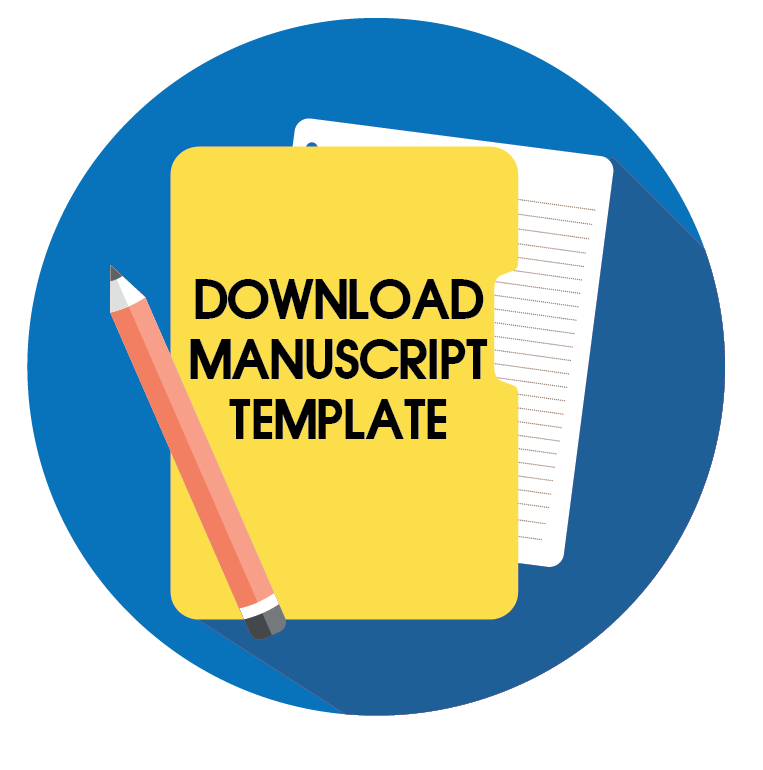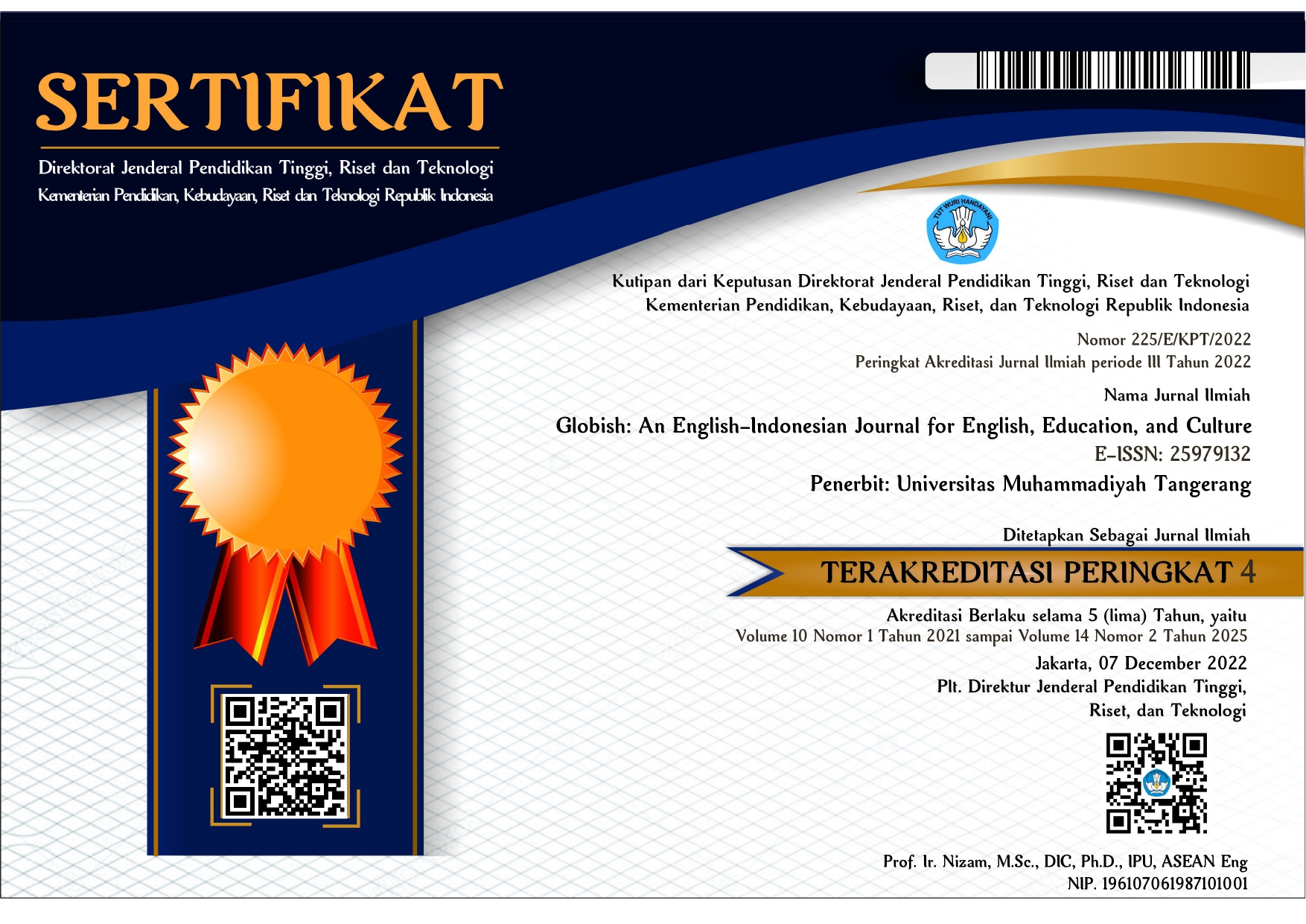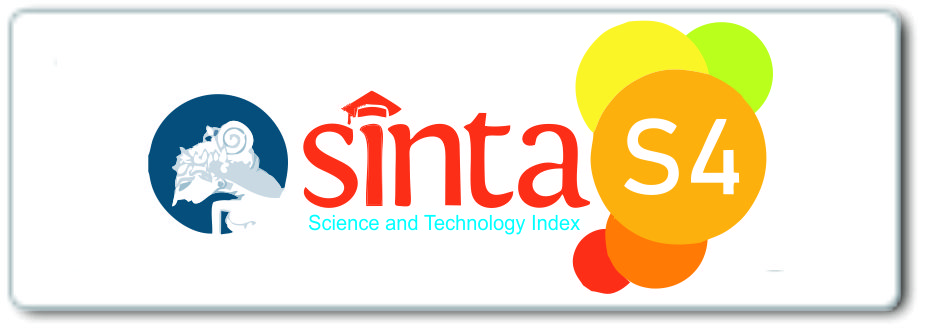INDONESIANS’ TENDENCY TO REFER ABBREVIATION AS ACRONYM: TYPES OF ABBREVIATION AS WORD FORMATION PROCESS
Abstract
Full Text:
PDFReferences
Abidin, T. F. (2012). Penentuan Secara Otomatis Akronim dan Ekspansinya Dari Data Teks Berbahasa Indonesia. Prosiding SNATIKA Vol 01 (2011), 1(01).
Anderson, B. (1966). The languages of Indonesian politics. Indonesia, (1), 89-116.
Aronoff, M., & Anshen, F. (2017). Morphology and the lexicon: Lexicalization and productivity. The handbook of morphology, 237-247.
Bauer, L. (1983). English word-formation. Cambridge: Cambridge University Press.
Bauer, L. (1988). Introducing Linguistic Morphology. Edinburgh: Edinburg University Press.
Connine, C. M., Mullenix, J., Shernoff, E., & Yelen, J. (1990). Word familiarity and frequency in visual and auditory word recognition. Journal of Experimental Psychology: Learning, Memory, and Cognition, 16, 1084-1096.
Fandrych, I. (2008). Submorphemic elements in the formation of acronyms, blends and clippings. Lexis. Journal in English Lexicology, (2).
Isa, A. A. (2006). Abreviasi dalam Bahasa Inggris. Wacana, 8(1), 113-124.
Kridalaksana, H. (1989). Pembentukan kata dalam bahasa Indonesia. Gramedia.
Krisdalaksana, H. (1993). Kamus Linguistik. Ed. Ke-3. Jakarta: PT Gramedia.
Lepic, R. (2016, January). Lexical blends and lexical patterns in English and in American Sign Language. In Mediterranean Morphology Meetings (Vol. 10, pp. 98-111).
Malenica, F., & Fabijanić, I. (2013). Abbreviations in English Military Terminology. Brno Studies in English, 39(1).
Matthews, P. H. (1997). The concise Oxford dictionary of linguistics. Oxford University Press.
Noviatri & Reniwati (2015). Singkatan dan Akronim Dalam Surat Kabar: Kajian Bentuk dan Proses. Jurnal Arbitret, 2(1), 28-43.
Oldfield, R. C., & Wingfield, A. (1965). Response latencies in naming objects. Quarterly Journal of Experimental Psychology, 17, 273-281.
Permatasari, N. P. (2013). Abreviasi, Afiksasi, Dan Reduplikasi Ragam Bahasa Remaja Dalam Media Sosial Facebook. Suluk Indo, 2(3), 230-242.
Rijal, S. (2015). Hubungan Makna Akronim dan Kata Pembentuknya pada Acara Indonesia Lawak Klub (ILK) di Trans 7. Aksara, 27(1), 73-82.
Smith‐Hefner, N. J. (2007). Youth language, gaul sociability, and the new Indonesian middle class. Journal of Linguistic Anthropology, 17(2), 184-203.
Stockwell, R., & Minkova, D. (2001). English words: History and structure. Cambridge University Press.
Whaley, C. P.(1978).Word–nonword Classification Time. Journal of Verbal Learning and Verbal Behavior, 17, 143-154.
Yonelinas, A. P. (2002). The nature of recollection and familiarity: A review of 30 years of research. Journal of Memory and Language, 46, 441-517.
DOI: http://dx.doi.org/10.31000/globish.v8i2.1654
Article Metrics
Abstract - 9062 PDF - 2498Refbacks
- There are currently no refbacks.
Globish
Program Studi Pendidikan Bahasa Inggris
Fakultas Keguruan dan Ilmu Pendidikan
Universitas Muhammadiyah Tangerang
Jl. Perintis Kemerdekaan I/33, Cikokol
Kota Tangerang, Indonesia
e-mail: globish_journal@umt.ac.id
Globish (p-ISSN: 2301-9913 | e-ISSN: 2301-9913) is licensed under a Creative Commons Attribution-ShareAlike 4.0 International License.









